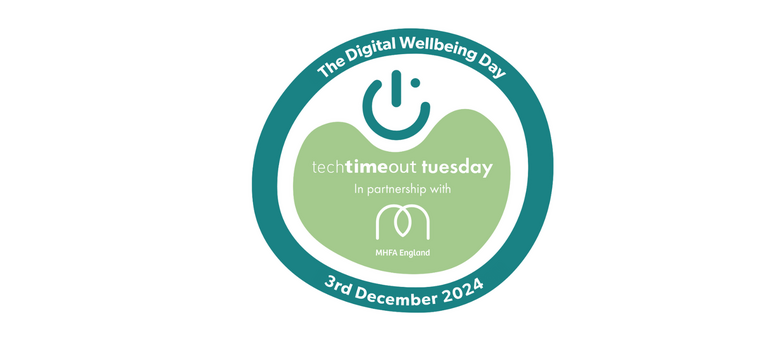When we talk about personal wellbeing we often focus on physical health, Mental Resilience, and emotional balance. However, true wellbeing goes beyond the individual; it includes our relationships, connections, and sense of belonging – our social wellbeing.
In this blog, we explore what social wellbeing means, why it matters, and how we can develop it.
Defining Social Wellbeing
Social wellbeing highlights the importance of positive interactions, meaningful connections, and the mutual support we experience in our interactions with other people. When we have good social wellbeing we feel socially connected, supported, and engaged within a community. We have quality relationships, strong social networks, and a sense of belonging.
The Importance of Social Wellbeing
Strong social connections have been linked to better physical health, increased life expectancy, and improved mental wellbeing. Meaningful relationships provide emotional support, reduce stress, and enhance our overall resilience.
We are inherently social beings. Feeling a sense of belonging and being part of a community gives us a deeper purpose and develops a sense of identity and validation. Our social networks serve as a safety net during challenging times. They offer emotional support, practical assistance, and advice when we face difficulties. This reduces our feelings of isolation and enhances our resilience and coping ability.
We learn from others through social interactions, discover new perspectives, and gain valuable skills. Engaging with different people and communities allows us to broaden our horizons, and explore new sources of knowledge and experiences whilst personally growing.
Social wellbeing is not only about our individual experiences but can also be about the collective strength of our communities. When we have strong social ties, our community becomes more resilient, encouraging cooperation, problem-solving, and mutual support.
Developing Social Wellbeing
There are a number of ways that we can develop our social wellbeing. Focussing on great relationships and connections is really important. The right amount of social connectivity will be different for everyone.
Build and maintain relationships: Invest time and effort into building and maintaining your meaningful relationships. Actively listen, empathise, and show genuine interest in others. A great way to nurture these relationships is to create opportunities for shared experiences and support.
Engage in the community: Get involved in community activities, clubs, or local organisations that are aligned with your interests. Taking part in social activities, groups, or organisations that you enjoy or are passionate about can create a sense of belonging and connection.
Embrace diversity: Create inclusive spaces where people from diverse backgrounds feel welcome and valued. By celebrating our differences, we encourage collaboration and promote understanding and respect. We learn more and have new and different ways of viewing our experiences.
Technology and social media balance: While technology can help us connect with others, it’s important to strike a balance. Prioritise face-to-face interactions and limit screen time. Be mindful of how social media affects your mental health and your wellbeing and seek opportunities for genuine offline connections. In our Digital Wellbeing course we explore how technology may enhance or harm our wellbeing.
Support Others: Offer support to those around you. Actively listen, offer help when needed, and show kindness and compassion. By helping others, you contribute to a culture of support and enhanced social wellbeing for everyone at home and at work. You can learn more about the real importance of connection in the workplace on our Social Wellbeing course.
Social wellbeing is a key, often overlooked part of our wellbeing and plays an important role in our overall wellbeing. Nurturing social connections, creating a sense of belonging, and engaging in meaningful relationships contribute to our personal happiness, mental strength and resilience. It is important to embrace our differences and acknowledge that the right amount of connection is different for everyone.
By prioritising social wellbeing, we can become more interconnected and supportive, allowing individuals and communities to thrive.
If you’d like to speak to us or find out more about how we could support you or your business, get in touch here. We’d love to hear from you.


